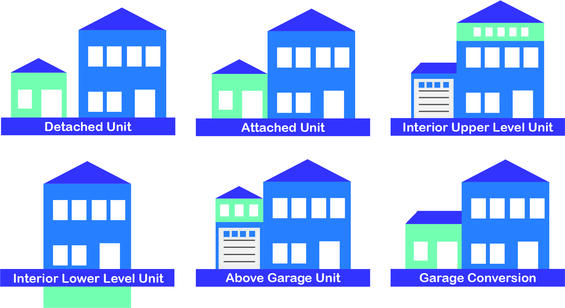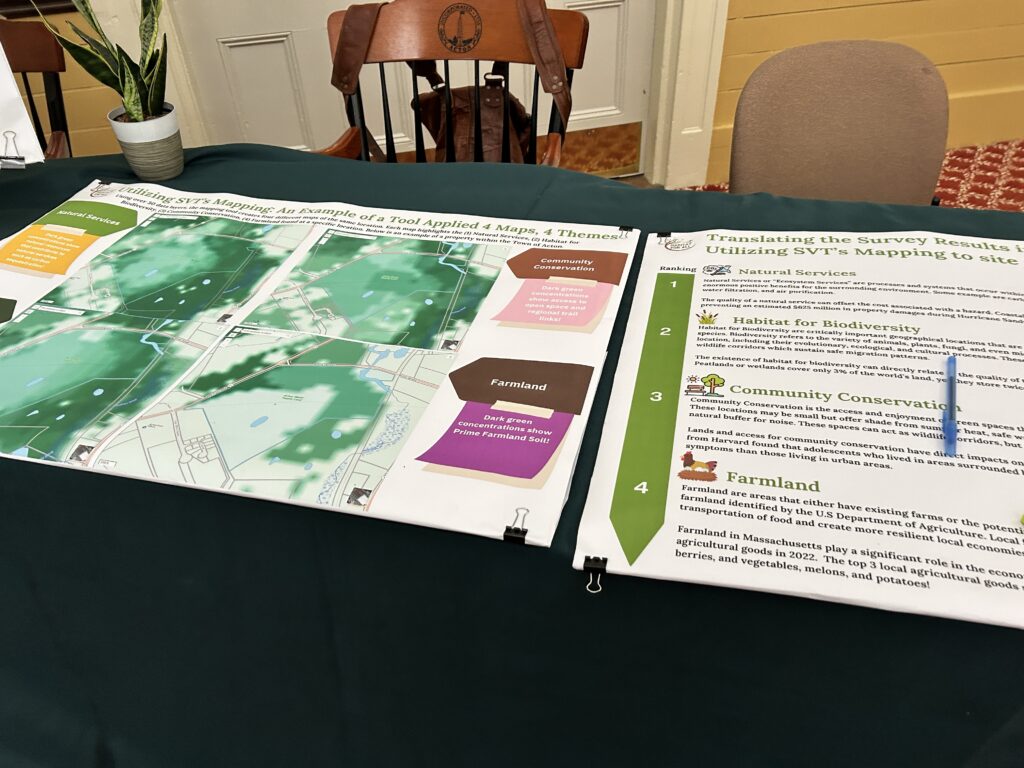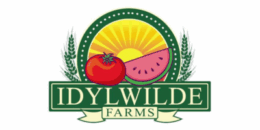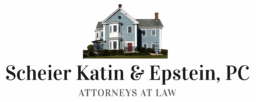Acton has two sets of detailed bylaws, the General Bylaws of the Town of Acton and the Town of Acton Zoning Bylaw. At the 2025 Town Meeting, Articles 30 and 31 proposed changes to the Zoning Bylaw. Article 32 and 33, covered in a separate Acton Exchange story, proposed change to the General Bylaws.
Article 30: Accessory Dwelling Units
Article 30 amends Acton’s zoning bylaw for accessory dwelling units (ADUs) to align with the state’s Affordable Homes Act, signed into law on August 6, 2024. Select Board Chair Fran Arsenault presented the article, which removes owner-occupancy requirements, design criteria, and parking mandates within one-half mile of the South Acton commuter rail station, and allows (“grandfathers”) existing ADUs that do not meet some amended criteria. The Finance Committee recommended approval to ensure compliance with state law.

Acton Planning Director Kristen Guichard responded to Town Meeting members’ requests for details regarding the subsequent sale of properties with ADUs, noting that in some cases a lot with an ADU could effectively become a condominium lot. Ms. Guichard confirmed that state law supersedes Town regulations and that passing the Article was, in that sense, a formality. The measure passed with 243 votes in favor and 26 opposed, easily meeting the two-thirds majority requirement.
Article 31: Open Space Residential Development
Article 31 seeks to promote sustainable housing in Acton while protecting natural resources through open space residential development. Initiated by Habitat for All, a group of Acton Town boards, committees, and residents, the Article proposed changes to Acton’s zoning bylaws. The Acton Exchange reported on Habitat for All presentations at the Senior Center and at open-house presentations, and featured a “Backgrounder” on the topic by Planning Director Kristen Guichard. Select Board member Alissa Nicol presented the motion, which comprised two parts, each requiring a vote. Two amendments were defeated, and both sections of the Article were passed by the required margin.

Acton’s zoning bylaw defines requirements for new construction. Some building types, depending on location, are permitted “by right”; others require a special permit with additional review. Zoning regulations significantly affect housing costs and affordability. Acton, like much of Massachusetts, faces a shortage of affordable housing, making it challenging for local workers or those raised in town to afford to live here. Land preparation and post-construction landscaping also have aesthetic and environmental impacts.
Acton’s current by-right subdivision law, aligned with Massachusetts Subdivision Control Law, allows parcels to be divided into size-specified lots without preserving natural resources. By contrast, Acton’s Planned Conservation Residential Communities (PCRC) regulations require preserving a portion of a subdivision’s area as resource land. PCRCs currently need a special permit; Article 31 makes PCRCs the by-right method. It also incentivizes smaller homes (3,000 sq ft or less) by reducing land and setback requirements.
To address affordable housing, Article 31 introduces a by-right option allowing seven units per acre with 60% resource land retention, and a special permit option allowing up to15 units per acre with 80% resource land retention. Both require 10% deed-restricted affordable units for households earning 80% or less of the area median income.
The Select Board unanimously supported Article 31. The Finance Committee recommended it, though some members were opposed, citing a lack of impact analysis on density and school costs.
Amendments: One amendment aimed to restrict PCRC resource land use for leaching fields (an alternative to sewer connections, using soil drainage for wastewater treatment). Select Board member David Martin noted that meadow land, suitable for leaching field surfaces, is an environmentally beneficial resource. The amendment was defeated. Another amendment, to delete sections allowing the 15-units-per-acre option, was also discussed and rejected.
Article 31 Discussion: Members of the Open Space Committee and Acton Community Housing Corporation praised the bylaw for mandating open space protection and enabling affordable housing, aligning with Acton’s conservation and housing goals. Residents valued the balance between resource protection and affordability. However, concerns were raised about potential high-density housing, lack of detailed impact studies, and effects on strained school budgets.
Both motions of Article 31 passed: Motion 1 by majority vote, and Motion 2 by a two-thirds majority.
Tom Beals is the Acton Exchange’s beat reporter covering the Select Board.















